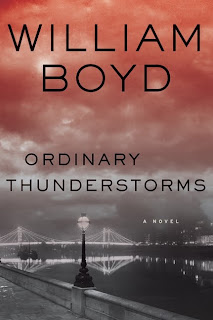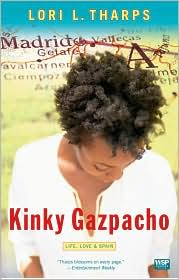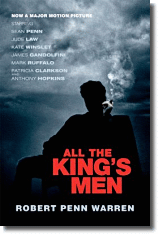From her Q & A with the Wall Street Journal:
The Wall Street Journal: How did you come up with the premise for "The Particular Sadness of Lemon Cake"?Learn more about the author and her work at Aimee Bender's website.Aimee Bender: I think it came from a few different places. One source is a friend of mine who talks a lot about feelings as something to be digested. Those words stuck with me in terms of the correlation between feelings and food.
WSJ: Are you a big foodie?
Ms. Bender: I love food. I'm not a great cook, but I love to cook and I like how different it is from writing.
WSJ: What kind of food do you cook?
Ms. Bender: Pretty simple stuff. Pastas, fish or briskets.
WSJ: Do you have an emotional connection to certain foods?
Ms. Bender:...[read on]
The Page 99 Test: Willful Creatures.
--Marshal Zeringue






























